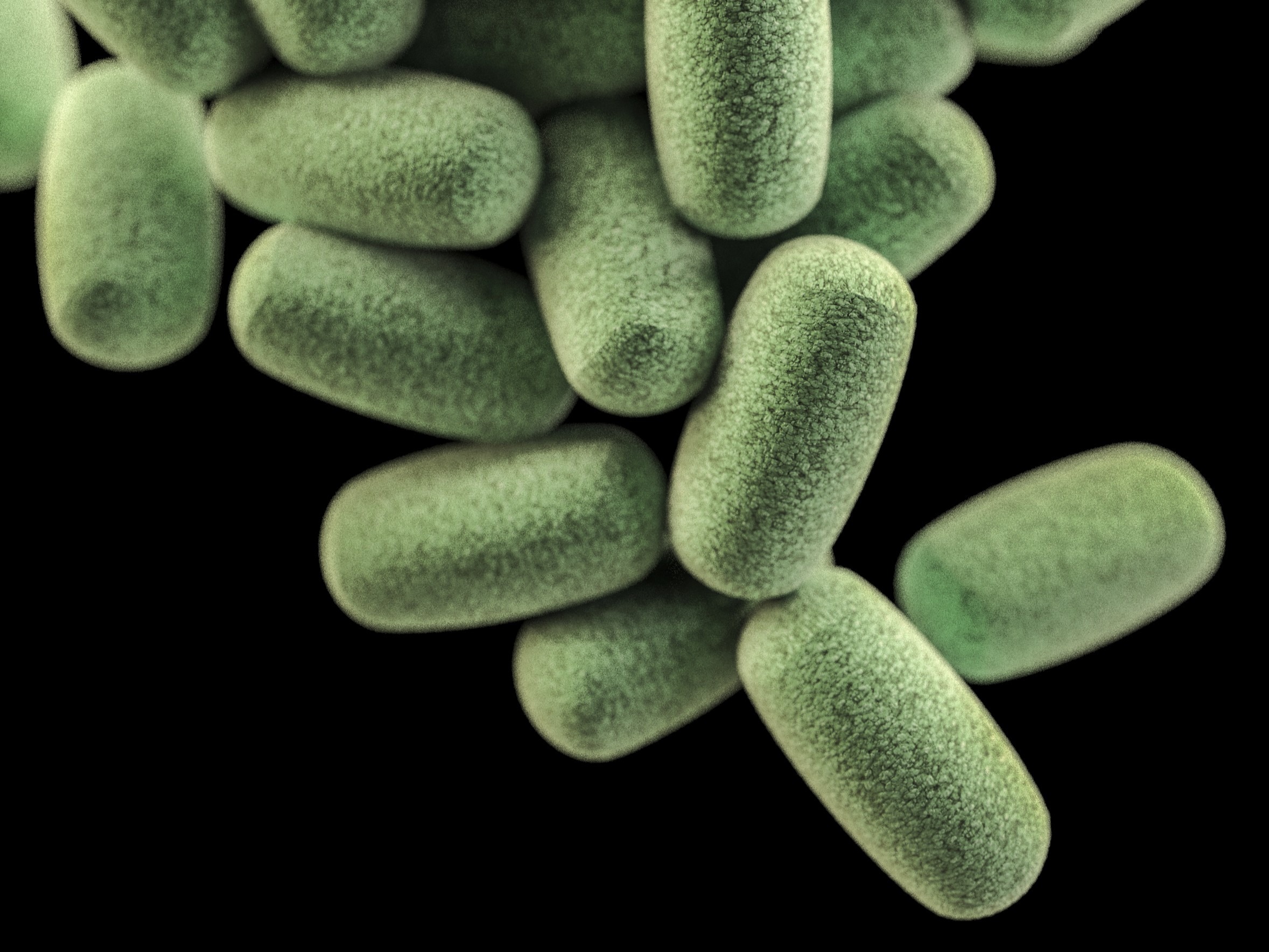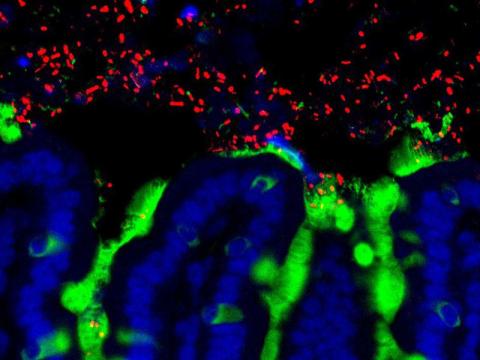Synthetic microbiome therapy eliminates intestinal infection in mice without using antibiotics
A synthetic microbiome therapy, tested on mice, protects against the severe symptoms of a difficult-to-treat and potentially fatal intestinal infection in humans: Clostridioides difficile. Although inspired by the idea of human faecal transplants, the new approach does not require faecal matter. Instead, it uses fewer, but more precise, bacterial strains. The study is published in the journal Cell Host & Microbe.

Toni Gabaldón - microbioma EN
Toni Gabaldón
ICREA research professor and head of the Comparative Genomics group at the Institute for Research in Biomedicine (IRB Barcelona) and the Barcelona Supercomputing Center (BSC-CNS).
It is an interesting study that demonstrates how the retroactive analysis of public sequencing data can contribute new knowledge and applications. The idea of designing synthetic bacterial consortia on the computer based on correlations observed in real data has great potential and could be applied to other cases where faecal transplantation has been shown to work.
The fact that faecal transplantation works as a treatment indicates that the contribution of some bacteria re-establishes a healthy balance, but in addition to these useful bacteria, many others are transferred, which poses a certain danger. The proposed approach selects the bacteria with the greatest healing potential, which are those that correlate negatively with the pathological situation.
The study goes beyond design and tests its effectiveness in a mouse model. The results also identify a potential mechanism that would explain the antagonism between these bacteria and C. difficile, the competition for the amino acid proline, and among all the antagonistic bacteria they find one that by itself functions like C. difficile. Although the results have to be validated in humans, the study points to a new strategy for generating probiotics based on the design of consortia based on computational meta-analysis of many studies.
Tian et al.
- Research article
- Peer reviewed
- Animals



